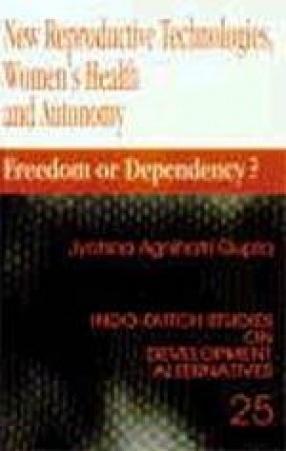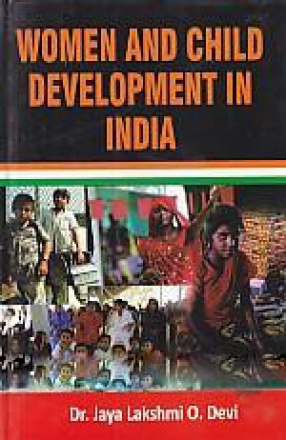Since the advent of the second feminist wave in the 1960s, women’s control over their own fertility has been identified as being crucial to their emancipation. With the concomitant advances in reproductive technology, a whole range of possibilities has been thrown open to women to shape their lives and to make active choices for themselves. Doubts persist however, about the long term effects of these new technologies on women’s empowerment and autonomy. This important study of the interface between control over fertility and women’s emancipation, outlines the technological developments that have taken place in the field of human reproduction in the second half of the twentieth century. Jyotsna Agnihotri Gupta discusses them under four heads: (a) technologies to prevent conception and birth; (b) technologies to assist reproduction; (c) technologies for prenatal diagnosis; and (d) gene technologies. The author follows the debate on these technologies–not only their scientific/medical aspects but also the social, juridical, ethical, economic and health dimensions–of the international level, with particular reference to India and the Netherlands. Based on both theoretical and empirical evidence combined with an historical approach, the book situates the new reproductive technologies within the political, economic and social contexts reflected in processes such as globalisation and ideologies such as population control and motherhood. The author concludes that while these technologies have created new freedoms for select groups of women, they have at the same time, created new forms of dependence for others. A large number of women have been turned into mainly consumers of these new technologies rather than being in control of them and, in the process, have paid a heavy price in terms of financial costs, adverse effects on health, and loss of bodily integrity and autonomy. These women, maintains Dr. Gupta, have ended up becoming more dependent upon the provides of technology, the state (which regulates its use) and upon the technology itself. Designed to reopen debates on the far reaching implications and the new dilemmas created by recent advances in reproductive technologies, this accessible and fascinating book will be of interest to all those involved in gender studies, material and child health, demography sociology, as well as the concerned lay reader.
New Reproductive Technologies, Women’s Health and Autonomy: Freedom or Dependency
In stock
Free & Quick Delivery Worldwide
reviews
Bibliographic information
Title
New Reproductive Technologies, Women’s Health and Autonomy: Freedom or Dependency
Author
Edition
1st Ed.
Publisher
ISBN
8170369029
Length
708p., 23cm.
Subjects





There are no reviews yet.